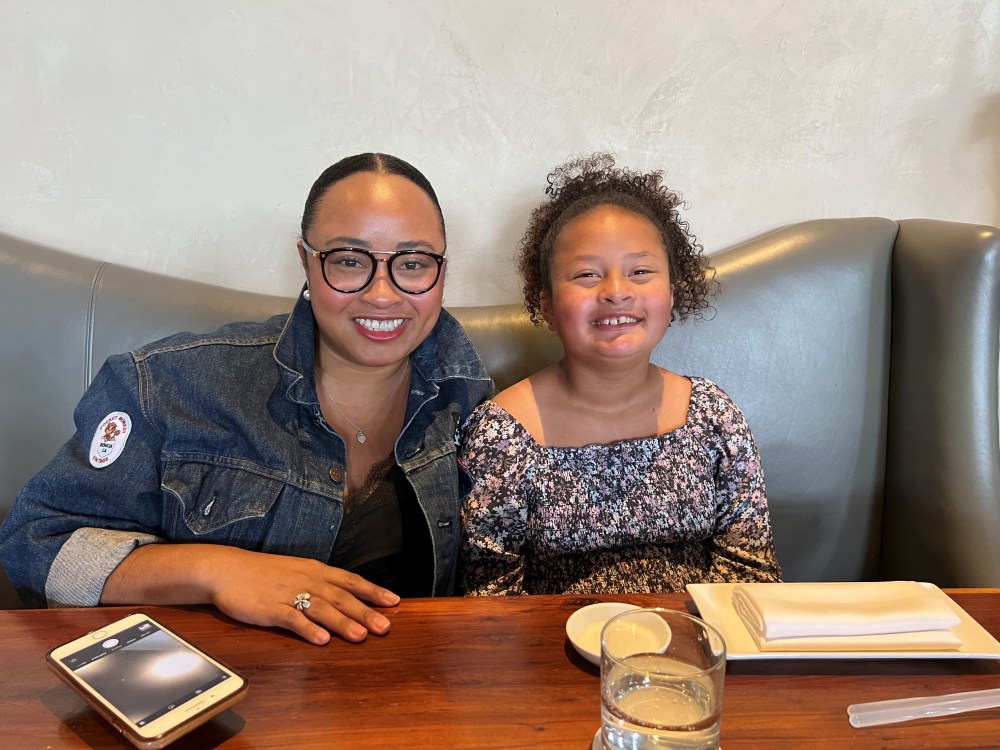February is here, and I’ve been thinking a lot about the lessons I want to impart to my 9-year-old daughter. Practicing hope is something I encourage and teach her to do daily. But, this year, as I look at the state of the world around me, I can’t help but feel a certain irony in the celebration of Black History Month.
What do I mean? We begin every year with milestones like Martin Luther King Jr. Day and Black History Month meant to preserve the legacy of Black Americans. Meanwhile, in Florida, the AP high school curriculum on African-American history has been revised amid an uproar from conservative critics. In other states, lawmakers have made moves to ban “discomfort” in school lesson plans, even though the treatment of Black people throughout American history is, yes, uncomfortable. Top that off with the moral outrage surrounding yet another Black man dead at the hands of police, and you might begin to ask yourself some questions.

For example, how can we celebrate Black history at a time when it feels like suggesting anything about America’s past that makes people “uncomfortable” is somehow inappropriate? The answer, as with so many things, is that the onus falls to us to keep the memory of our ancestors, our heroes, alive. It is our responsibility to make sure our children learn the inconvenient truth.
As a Black woman, a Black mother, and a Black professional who works in diversity, equity, and inclusion, I’ve encountered a lifetime of feeling “inconvenient.” Inconveniently expecting change, inconveniently expecting a seat at the table, inconveniently writing public opinions about inequity and racism, inconveniently hoping for others to actually demand the change they mentioned on social media or in their publicly amplified corporate statements.
From the burning outrage and awakening following George Floyd’s death in 2020, the pendulum has seemed to swing to the farthest reach back towards passivity. As swiftly as people rushed to share black squares on their profile page, march through the streets, sign a petition, promise to join a book club, or even erect “Black Lives Matter” signs on their manicured lawns, it appears many of us just as swiftly retreated to the comforts of predictable allyship.

In 1968, the same year that Dr. King was murdered, President Lyndon Johnson instituted the Kerner Commission to better understand the state of racial unrest in the nation. The report declared that “white racism—not Black anger—turned the key that unlocked urban American turmoil. Bad policing practices, a flawed justice system, unscrupulous consumer credit practices, poor or inadequate housing, high unemployment, voter suppression, and other culturally embedded forms of racial discrimination all converged to propel violent upheaval.” However, despite the fact that the report was initially a sensation, even becoming a best-selling book, the recommendations it contained were never pursued.












